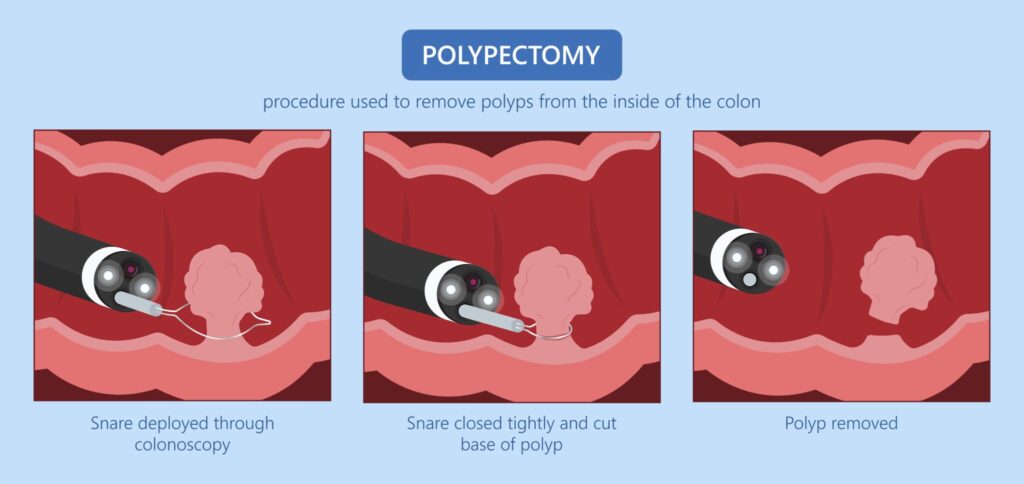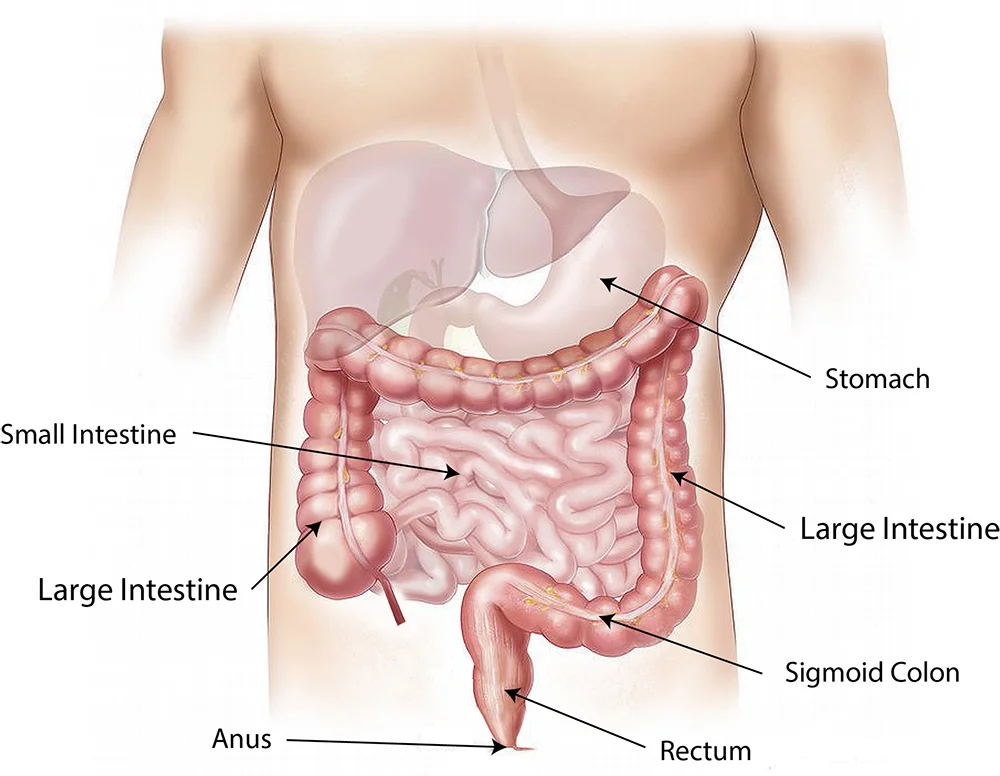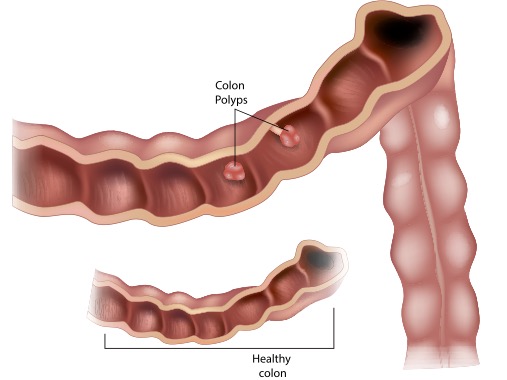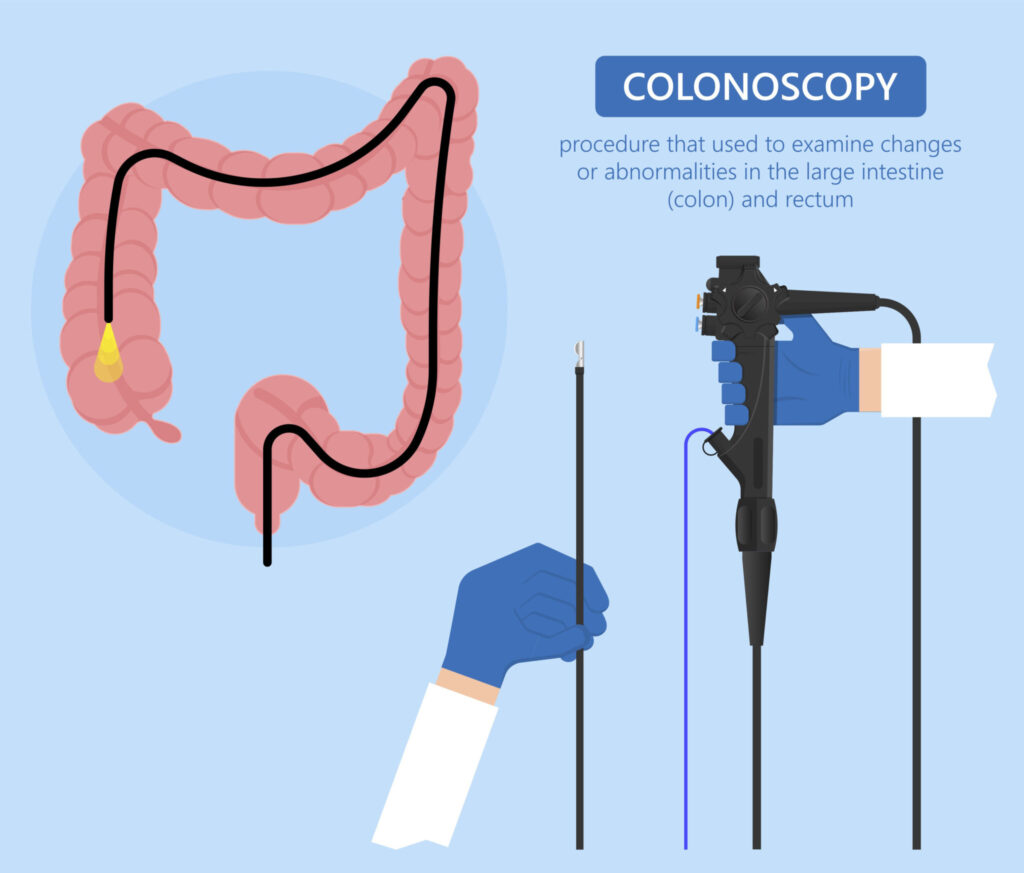Before, During and After Your Colonoscopy
A colonoscopy is the best way to prevent colorectal cancer. Colon cancer screenings, which are recommended for people who are 45 years of age and older, can catch colorectal cancer early or before it even happens.
There are many people who should get a colonoscopy but do not due to concerns regarding preparation. Colonoscopy preparation requires you to abstain from food and certain beverages and use prescription laxatives before the procedure. While it can be an inconvenient process, it is temporary and could potentially save your life.
Cleansing for a Colonoscopy
In order for your physician to get an accurate view of your colon, it has to be empty and clean. You will receive instructions on your bowel preparation from your physician. There are many different options for bowel prep including a capsule option such as SUTAB, as well as liquid formulations.
Guidelines and recommendations for prepping prior to the colonoscopy procedure vary depending on the bowel preparation you are prescribed. Your gastroenterologist will provide instructions based on the preparation you are given.

After Your Colonoscopy
Before leaving you will receive a printed summary with instructions. These instructions include the recommendation to not drive or operate heavy machinery for 24 hours. You should also avoid consuming alcohol and making any important decisions, including signing paperwork, for 24 hours.
It is normal for you to feel bloated and have gas after the procedure. It may take several hours for these symptoms to be completely relieved.
Any pain, bleeding or fever of 101 degrees or higher should be reported to our office immediately by calling (601) 268-5680.
The Day of Your Colonoscopy
On the day of your colonoscopy, you should be finishing the second part of your preparation. Please follow the instructions you will receive from our office, which will include a specific time to finish your preparation and to stop drinking liquids. Take your medications before this cut-off time.
Remember, on the day of your procedure, smoking or use of smokeless tobacco products is not allowed. You may not chew gum or have a mint after this time. If you use an inhaler, you may continue using it as needed. Your licensed driver can wait in the lobby when the nurse calls you back to begin the pre-operative process.
A nurse will review some medical questions, check your vitals and start IV fluids. If you are a female of childbearing age, you will be required to provide a urine sample before the colonoscopy.
During the pre-operative process, you will speak with your gastroenterologist and an anesthesia provider. They will go over the colonoscopy procedure and answer any questions you have beforehand.
After this, a nurse will transport you to the procedure room where you will receive sedation. A nurse anesthetist will provide you with a custom sedation based on your needs.



